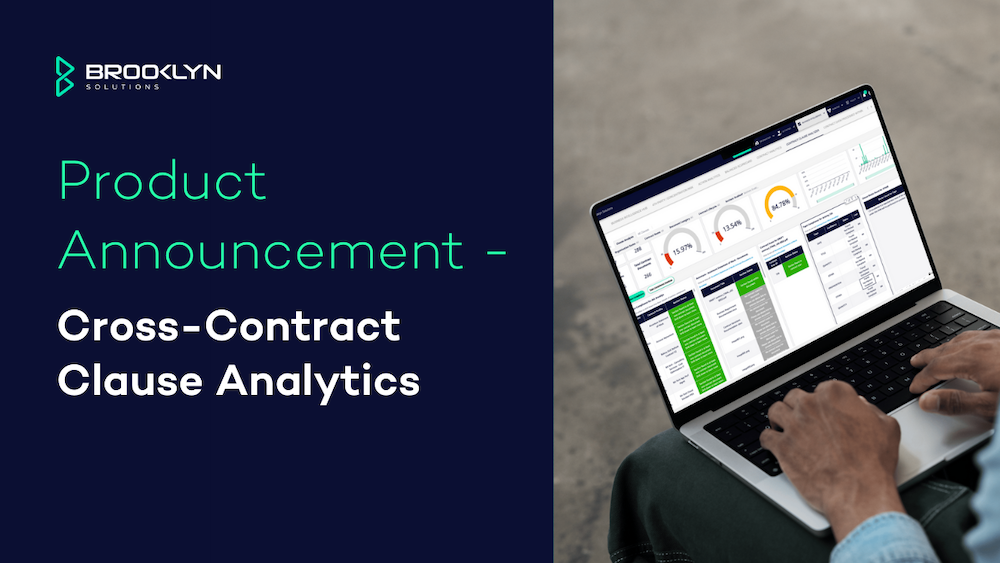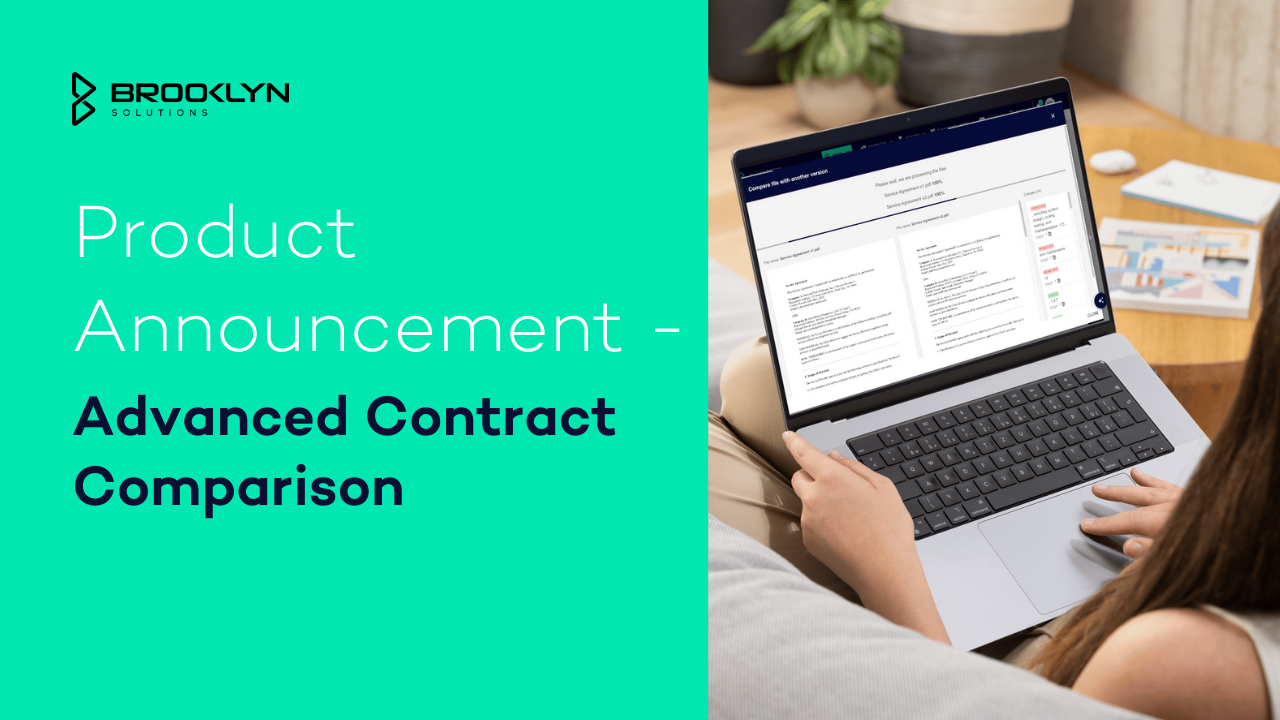Artificial Intelligence (AI) stands as a key aspect in major organisation’s strategy for 2024. The overarching goal is to elevate efficiency, productivity, and scalability within the operational landscape. This strategic shift necessitates a comprehensive restructuring of businesses, realigning teams to centre their focus on AI. Unfortunately, this transformation also brings about a significant wave of employee layoffs.
Within tech, a myriad of software products has crowded the market, designed to streamline processes, save companies time, and enhance overall efficiency. At the forefront of this revolutionary wave is AI, offering unparalleled opportunities for workplace transformation. AI-driven solutions are not intended to replace human employees, rather they are designed to augment and optimise their roles. By embracing AI, businesses can harness its transformative power to propel productivity to new heights while maintaining a symbiotic relationship with their employees.
AI and Productivity:
Research consistently demonstrates that time-saving software contributes to higher productivity and improved quality of life. The principles that apply to traditional software products are equally applicable to AI-driven solutions. However, it is crucial to understand that, at their current capability, AI technologies are not poised to replace employees. Instead, they excel at augmenting productivity, especially in tasks such as summarisation and data formatting.
The Human Element in Decision-Making:
Despite AI’s remarkable capabilities, the human touch remains indispensable in decision-making processes. AI systems benefit from human oversight to ensure optimal performance and relevance. The collaboration between humans and AI involves triggering responses on human terms, with subsequent review and potential editing. As AI systems advance, confidence in their capabilities will likely increase, gradually reshaping the dynamics of human-AI collaboration.
Early Impact on Collaborative Roles:
Roles heavily focused on managing information are likely to experience the early impact of AI integration. This transformation won’t happen overnight; rather, it will unfold gradually. Employees who adapt and embrace AI capabilities will become the most performant and productive in their roles. Automation of mundane tasks allows for an expansion of roles, enabling individuals to take on more valuable and strategic responsibilities.
A Historical Perspective: The Evolution of the Legal Secretary Role:
Drawing parallels to historical transformations, consider the evolution of the Legal Secretary role over the past 50 years. From the days of typewriters and correction fluid to the current era of advanced document management systems, the role has adapted to technological advancements. Today, AI promises a faster transformation, urging professionals to retrain and proactively shape the future of their roles. The key is to evolve, embracing new tools and techniques while contributing to the redefinition of AI-enabled roles.
Leadership Considerations:
For leaders and managers overseeing roles susceptible to AI impact, strategic planning is essential. Recognising the potential for increased efficiency, leaders must focus on where AI capabilities can best complement their teams. The reality is that there is always more work than available resources. AI provides an opportunity to envision what could be achieved with enhanced productivity, urging leaders to understand and harness AI’s potential for their teams.
As we navigate the era of AI integration into the workplace, the emphasis should be on collaboration, augmentation, and strategic evolution. AI is not about replacing human employees; it’s about leveraging technology to enhance productivity and redefine roles. To stay ahead, individuals and organisations must embrace the proactive evolution of their professions, ensuring a harmonious integration of AI for a more productive and fulfilling future.
About Brooklyn Solutions
Brooklyn Solutions automates Commercial Value Management (CVM), streamlining post-contract processes with AI-driven policy and governance. Double productivity and deliver Customer-Supplier value management at lower risk with the Brooklyn platform.
Want to learn more about how to achieve 40% increased contract value and gain results of up to 200% efficiency? Book a demo with our team of transformational experts to gain insight into The Brooklyn Platform
About the Author

Nick Francis, CTMO at Brooklyn Solutions
Nick Francis is an experienced CxO delivering Digital & Security-focused Transformation. With experience working across the private and public sectors in industries such as Financial Services, Insurance, Legal, Utilities, Retail, Public Sector and Government. Specialised in transformation activity to optimise processes, operational expenditure, and increase productivity. Significant experience in compliance, risk & control activities in highly regulated industries, standardisation of technologies, streamlining of internal processes and continuous improvement driving consistency and efficiency across an organisation whilst holding Customer, Colleague and Partner experience at a premium.



